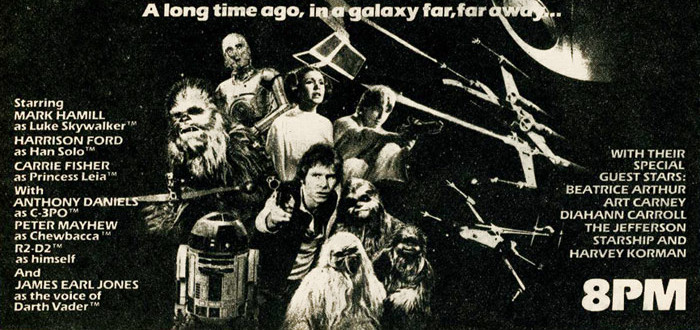"If science fiction is concerned with the future, and our only
future now lies within the ever-changing world around us, one can indeed
write about the present and consider the results science fiction." Gary Westfahl, from his book William Gibson.
One of the great difficulties of pushing science fiction in 2020 is information fatigue. You can also call it future fatigue, a problem where the oddities and fears we all used to relegate to the future keep piling up in present reality.
In a society with a dearth of technological advances, science fiction is absolutely needed. Consider that the golden age of SF in the US came during the lead up and beginnings of the atomic age and the space age. But when science fiction is reality, what do you do then? You want to return to nature, breathe in some rarefied air, gain the perspective you can only get when you turn off all the devices for a weekend and spend time looking in the glowing embers of a fire. The last thing you probably want to do is pick up a good technothriller about a killer virus from Wuhan that causes already distressed relations between the US and Chinese superpowers to boil over.
One of the great difficulties of pushing science fiction in 2020 is information fatigue. You can also call it future fatigue, a problem where the oddities and fears we all used to relegate to the future keep piling up in present reality.
In a society with a dearth of technological advances, science fiction is absolutely needed. Consider that the golden age of SF in the US came during the lead up and beginnings of the atomic age and the space age. But when science fiction is reality, what do you do then? You want to return to nature, breathe in some rarefied air, gain the perspective you can only get when you turn off all the devices for a weekend and spend time looking in the glowing embers of a fire. The last thing you probably want to do is pick up a good technothriller about a killer virus from Wuhan that causes already distressed relations between the US and Chinese superpowers to boil over.



